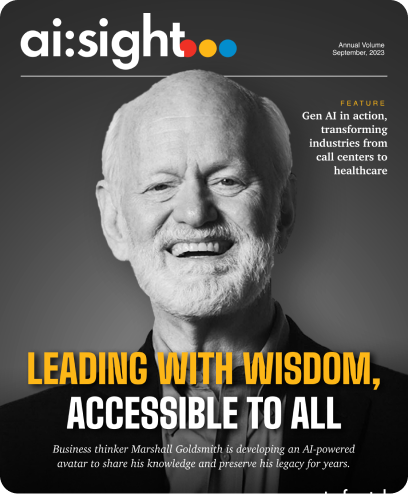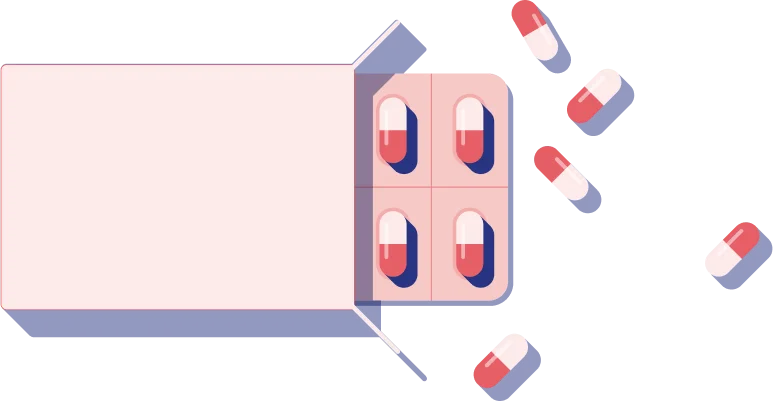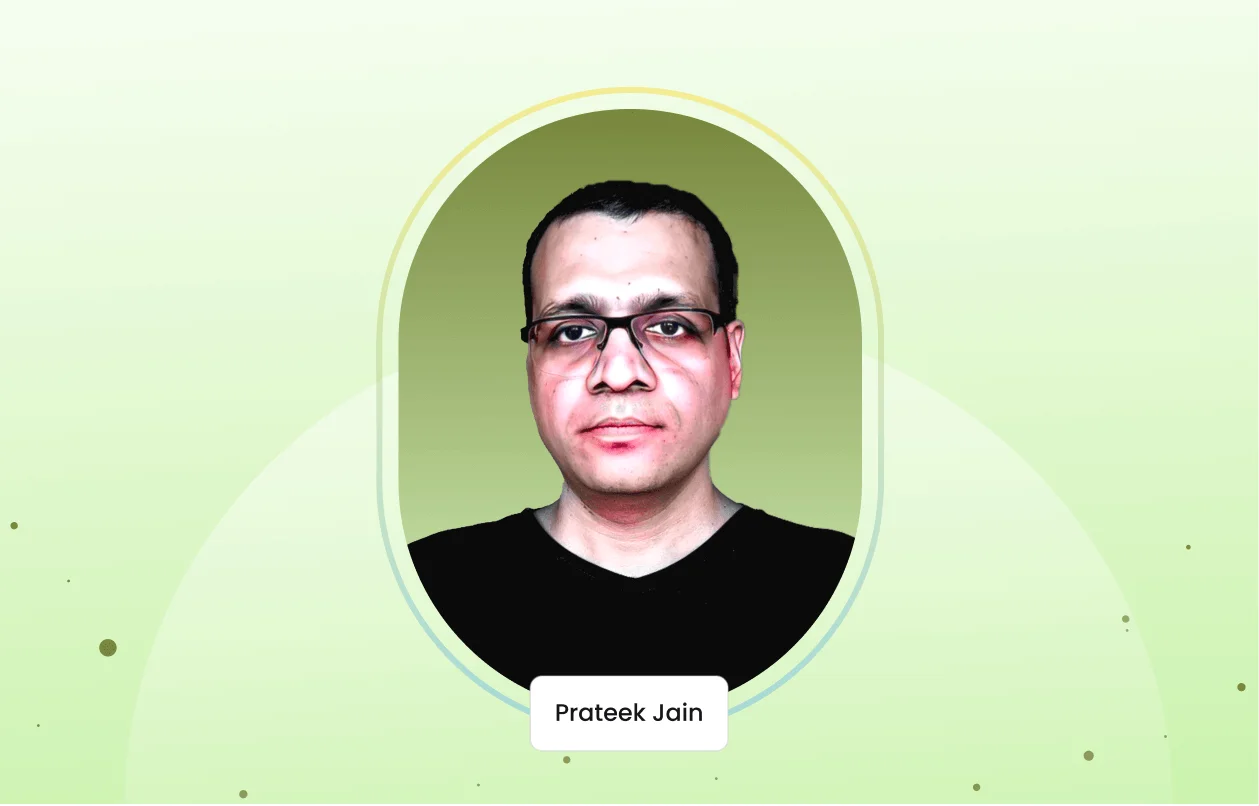Generative AI (GenAI) is thriving, with daily reports highlighting its role in optimizing business operations across various industries, ranging from healthcare and consumer goods to financial services, media, and technology. Concurrently, conversational chatbots are orchestrating customer-centric, personalized experiences.
The allure of potential benefits from cutting-edge technologies is undeniable in diverse organizations. However, when it comes to the highly regulated pharmaceutical industry, the stakes are exceptionally high. A misstep in this arena can result in excessive costs and profound consequences.
Imagine, for instance, a chatbot providing inaccurate information to patients or a clinical study marred by bias favoring a particular group of participants. These scenarios encompass a broad spectrum of potential pitfalls, including substantial fines, arduous struggles to secure product approval, and tarnishing a meticulously cultivated reputation. Given these formidable challenges, pharmaceutical firms are approaching the realm of GenAI with a blend of eager anticipation and measured caution.
“Since ChatGPT took over the world, company leaders have been pushing to find out what GenAI can do for them, said Ashok Vardhan, client partner for pharma practice at Fractal. However, pharma companies are generally more focused on data security and other regulatory and legal guidelines that affect the industry. Their key challenge is ensuring they apply the technology legally and competently. Pharma companies are starting to explore multiple use cases for GenAI, but they want to fully understand the risks of each one, as well as the benefits, before they deploy it.”
So, where can pharma firms find GenAI’s low-hanging fruit? Conversations with companies across the industry are helping Fractal to point the way.
“In recent years, we have evolved our capabilities across the pharma value chain, including marketing and sales, supply chain analytics, data engineering, and AI. As part of that work, we are developing key GenAI use cases that can bring immediate gains for pharma companies. Some of these focus on low-risk areas like boosting internal employee productivity. Others bring an ethical and responsible approach to include GenAI in the healthcare professional (HCP) and patient experience.”

Sagar Shah
Head of Pharma Practice, Fractal
Let’s look at some of those use cases.
Getting more done
One colossal challenge looms in the pharmaceutical industry’s relentless data landscape: the sheer volume of information. Amid the chaos of documents and decisions, busy teams often get bogged down. Enter GenAI, the solution they’ve been waiting for.
“GenAI can accelerate our time to delivery in our core business processes. One fundamental way to do that is by leveraging its generative aspect as a starting point or foundation. For instance, in the realm of clinical trial operations, one use case involves the creation of protocols and related study documents. In this upstream activity, by providing sufficient information as input to a large language model (LLM), the LLM can generate initial protocols and documents that fit the purpose. This should decrease the time needed to create and revise such documents, ultimately expediting the initiation of a trial.”

Jeevaka Kiriella
Director of Global Data Science, Merck
Kiriella also sees GenAI helping to improve product availability and increase product yield.
“GenAI allows us to access insights more quickly, benefiting the entire pharmaceutical supply chain, including research, trials, manufacturing, and commercialization. This enables faster decision-making, ultimately leading to improved product availability. The pharmaceutical industry is actively investing in computational drug discovery powered by GenAI, resulting in significant advancements in research.
Another area that can benefit from large foundational models is clinical operations. By optimizing this process, we can swiftly evaluate viable therapies. Once a therapy is identified, we can further optimize manufacturing processes using interactive LLMs to identify bottlenecks and enhance product yield. Additionally, in the commercial sphere, foundational models can be utilized for tasks such as target identification, generating promotional materials, and gaining assisted access to primary market research insights.”
As individual organizations identify the use cases that best suit their business, GenAI’s transformative effects are already extending across the industry.
“Our industry has taken a significant leap forward in applying AI/ML with the adoption of foundational models. This shift allows for a drastic reduction in the time needed to develop AI applications, leading to faster realization of benefits. With the release of LLMs, AI is now accessible to users throughout the company. In the pharmaceutical sector, we have a unique opportunity to harness this potential due to our investments in data and analytics.”

Jeevaka Kiriella
Director of Global Data Science, Merck
Kiriella identifies some key considerations that will help pharma companies ensure long-term success with the technology.
“Organizations should promptly assess and address the potential impact of GenAI. In addition, they must responsively meet the specific requirements of GenAI in the pharmaceutical field. For instance, this may involve securely integrating commercial foundational models to mitigate compliance risks or effectively processing large amounts of internal data to drive foundational models with efficiency. It is also crucial to remain open to different models, leveraging the most suitable one for each use case.”
Fractal GenAI platforms in action
Fractal’s Avalok is a GenAI solution that slices through complex data from various sources, including intricate clinical studies. It doesn’t just process numbers; it extracts trends, unveils insights, and delivers actionable advice. Imagine it as your personal data maestro, constantly digesting information and presenting it in a format that powers swift, accurate decisions.
GenAI’s prowess extends to marketing, rewriting the rules of content creation. It begins with AI-driven tagging and identifying content elements like headlines, summaries, and images. Take Fractal’s Genesis platform for pharma, a GenAI marvel that uses these tags to create personalized marketing materials on demand.
Need fresh content for an HCP conversation? No problem—prompt the GenAI, and it instantly crafts content based on previously approved marketing strategies.
Shah shares, “Currently, most pharma companies deploy competitive and market intelligence analysts to mine information for insights. We’ve developed Competitive Intelligence on the Genesis platform for Pharma to automate that process. It takes information from public resources, including blogs, research papers, journals, and private sources where appropriate. Then, it summarizes what’s happening in a particular area. That could be a view of the pipeline across multiple companies targeting a particular disease or focusing on behaviors or clinical studies. It will zero in on anything the brand team needs to know about.”
Clicking with customers
Another big focus for pharma organizations is the customer experience. Privacy is the top agenda when your end users are healthcare professionals and patients. It’s also important that every piece of information you give them is accurate, unbiased, and compliant. Using existing materials to generate personalized answers – while steering clear of sensitive, personal information – provides a safe and effective way to personalize those customers’ experiences. Pharma firms can use GenAI in different ways to do this.
One idea is to create an ‘HCP-Assist’ tool trained on internal data. It can behave like a virtual sales representative, providing conversational answers to questions about anything from how to store a specific drug to potential side effects.
Similarly, patients can benefit from a GenAI-powered tool that offers on-demand information about drugs, vouchers, copay assistance, and available discounts. It puts the power of knowledge at their fingertips, ensuring they have the information they need when they need it.
GenAI goes further by assisting medical experts in crafting their content. Analyzing and summarizing data and documents across the pharmaceutical organization equips healthcare professionals with precise insights to share with their peers. It’s like having a trusted research assistant at their side.
GenAI draws from existing, approved content in each scenario but doesn’t stop there. It adds the secret sauce—personalization—by delivering the exact information that each user seeks. GenAI is the catalyst, making the customer experience in the pharmaceutical world not only personalized but also precise and powerful.
Making the vision real
Fractal’s pharma-focused use cases are much more than a futuristic vision. Leading pharma companies are putting GenAI to use now.
A US multinational pharmaceutical giant is collaborating with Fractal to revolutionize their medical legal review (MLR) process. MLR, a critical step in ensuring compliance with regulations and guidelines, has traditionally been a complex and time-consuming endeavor. Every piece of content, from promotional flyers to email campaigns, undergoes rigorous scrutiny by the MLR team. They meticulously examine wording, fonts, colors, and imagery, often resulting in multiple rounds of revisions and exchanges between content creators and the MLR team.
This is precisely where GenAI shines.
“GenAI can alleviate much of the MLR back-and-forth. An MLR GenAI tool can automatically review crucial elements like font size and color, ensuring they adhere to standards. It can even implement necessary adjustments, including incorporating new images generated by the Imagine AI platform, before submitting the updated version for review. This empowers the MLR team with a more compliant document, allowing them to focus on more intricate aspects.”

Ashok Vardhan
Client Partner, Pharma Practice, Fractal
Crucially, a people-centered approach lies at the heart of this transformative project. The pharmaceutical company’s MLR team is pivotal in continuously evaluating the technology’s performance. The objective is clear: to ensure that GenAI genuinely enhances their workflow rather than adding complexity.
Vardhan emphasizes, “In pharma, involving humans in the loop is pivotal to GenAI’s success. Even use cases aimed at internal processes require substantial input from employees. They serve as the ultimate judges, reviewing the solution and offering constant feedback on its efficiency gains or any challenges it may pose. Consequently, automation evolves, sculpted by user feedback during its formative stages. As the language model matures, human effort can be progressively reduced.”
Ethics in the frame
The world of medicine is on the brink of going big with GenAI. Imagine a future where GenAI helps pharmaceutical companies find the perfect candidates for clinical trials or discovers groundbreaking compounds to treat diseases. But here’s the catch – the impact of GenAI, whether it’s a force for good or not, depends on how we handle it.
Above everything else, GenAI should be about making life better for the folks who use it. That means it has to play by the rules that pharma companies are most concerned about, like keeping your data private, getting things right, following the rules, and not having any sneaky biases. Just like how ethics and accountability are built into the DNA of the pharmaceutical industry, they need to be part and parcel of GenAI tools. That’s why we’re discussing a Responsible AI (RAI) framework for any GenAI project.
“It’s super important to keep records of everything, from the data we use to build AI models to the fancy algorithms our data scientists choose. If we don’t, pharma companies could end up in hot water, dealing with regulations like the AI Bill of Rights in the USA.”

Sagar Shah
Head of Pharma Practice, Fractal
But wait, there’s more! Since GenAI’s recommendations can impact real people, it’s got to keep humans front and center. That means every suggestion it makes, whether telling you to call a doctor or recommending a specific medication for a health issue, needs to pass the “does this solve a problem or at least not make things worse” test. Safety and fairness are the name of the game. This people-first RAI philosophy perfectly aligns with the pharmaceutical industry’s rock-solid principles and legal duties. Its only goal is to ensure society stays safe and sound.
In the ever-evolving world of medicine, GenAI has some incredible potential. But it’s up to us, with a thoughtful, ethics-driven framework, to make sure it’s a force for good and never takes a wrong turn down the dark alley of harm.








